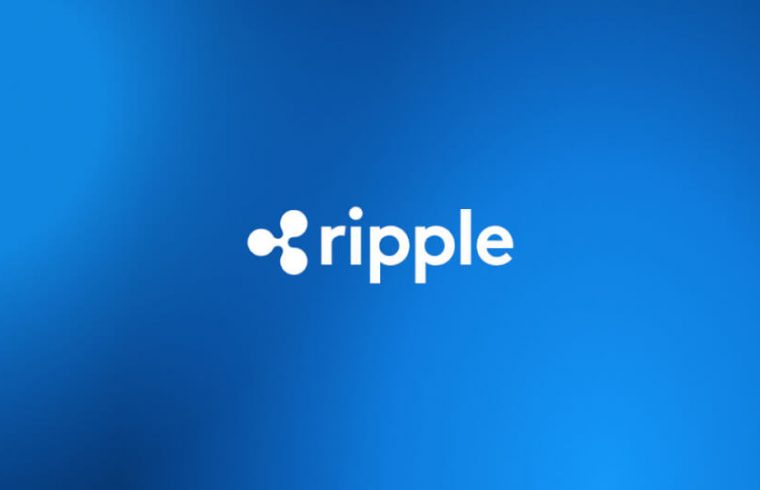Ripple is making strategic moves to diversify its offerings beyond its core focus on blockchain-enabled payments. In this pursuit, the company has acquired Fortress Trust, a startup specializing in crypto infrastructure.

Founded in 2021 by Scott Purcell, an entrepreneur with a background in equity and debt crowdfunding, Fortress Trust is on a mission to assist large enterprises in navigating the complexities of digital currencies. What makes this acquisition particularly noteworthy is that it grants Ripple a license in Nevada, which opens up new regulatory possibilities for the company. It also allows the XRP issuers to extend its range of regulated services, catering to both fiat and crypto, for specific customers within the United States.
While the exact financial specifics of Ripple’s acquisition of Fortress Trust have been kept under wraps, insiders familiar with the matter have hinted that the price tag for this deal falls below the $250 million that Ripple shelled out for Metaco, a custody services company, back in May.
Ripple’s president Monica Long said that this strategic move aligns with the company’s broader vision of becoming a comprehensive hub for enterprises seeking to convert, store, and transfer value on the blockchain. By incorporating Fortress Trust’s expertise and regulatory standing, Ripple would be able to improve the customer experience within its payments and liquidity solutions.
“Longer term, we anticipate there will be ways we can leverage the technology to support new initiatives on our roadmap and enable Ripple to serve a broader segment of customers and use cases,” he added.
In terms of regulation, Ripple’s ever-expanding list of permits is quite impressive. The company already holds a New York BitLicense, which enables it to engage in regulated virtual currency activities in New York State. Additionally, it possesses money transmitter licenses in 30 U.S. states and has an in-principle Major Payment Institution License from the Monetary Authority of Singapore.
The move also comes as more private and public entities are showing interest in adopting Ripple’s products after a landmark ruling determined its XRP token was not necessarily a security. However, the court also determined that XRP can be considered a security when sold to institutional investors, meeting the conditions set by the Howey Test.
Ripple sees this court decision as a victory and a positive development for its growth in the US market. With its legal position clarified, the company is now looking to expand its operations by seeking the necessary regulatory licenses for conducting crypto-related activities.












